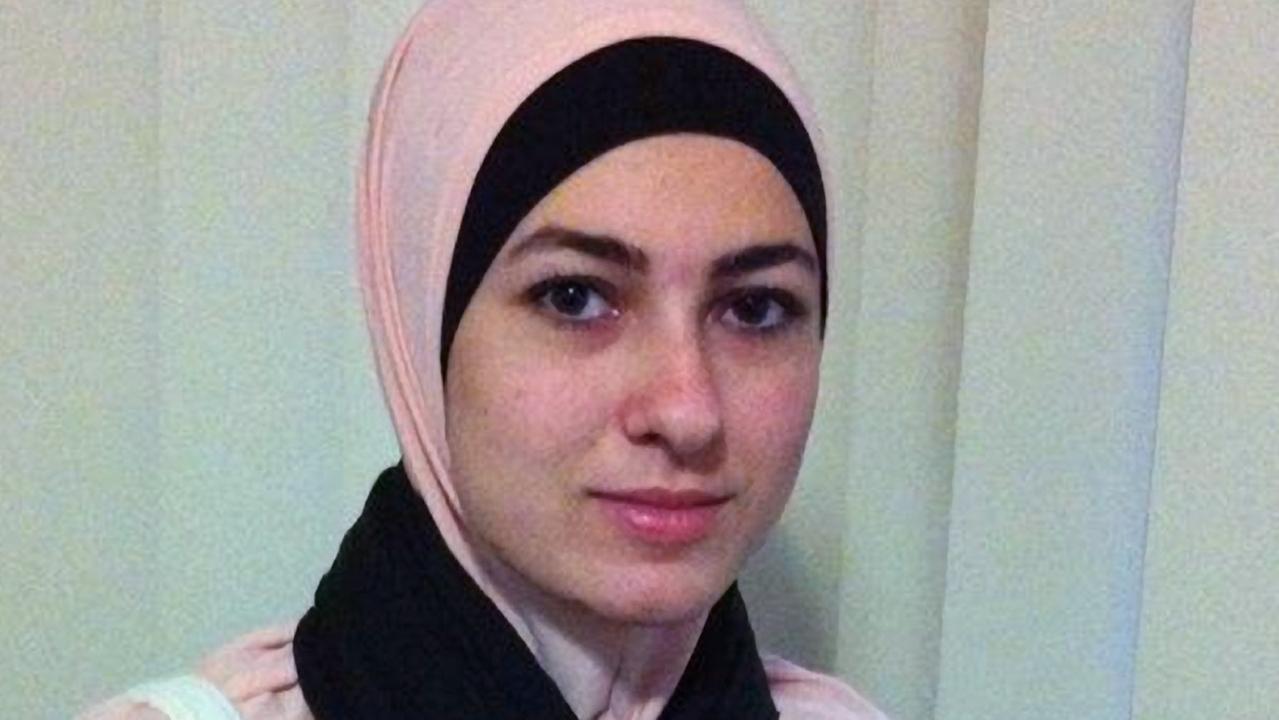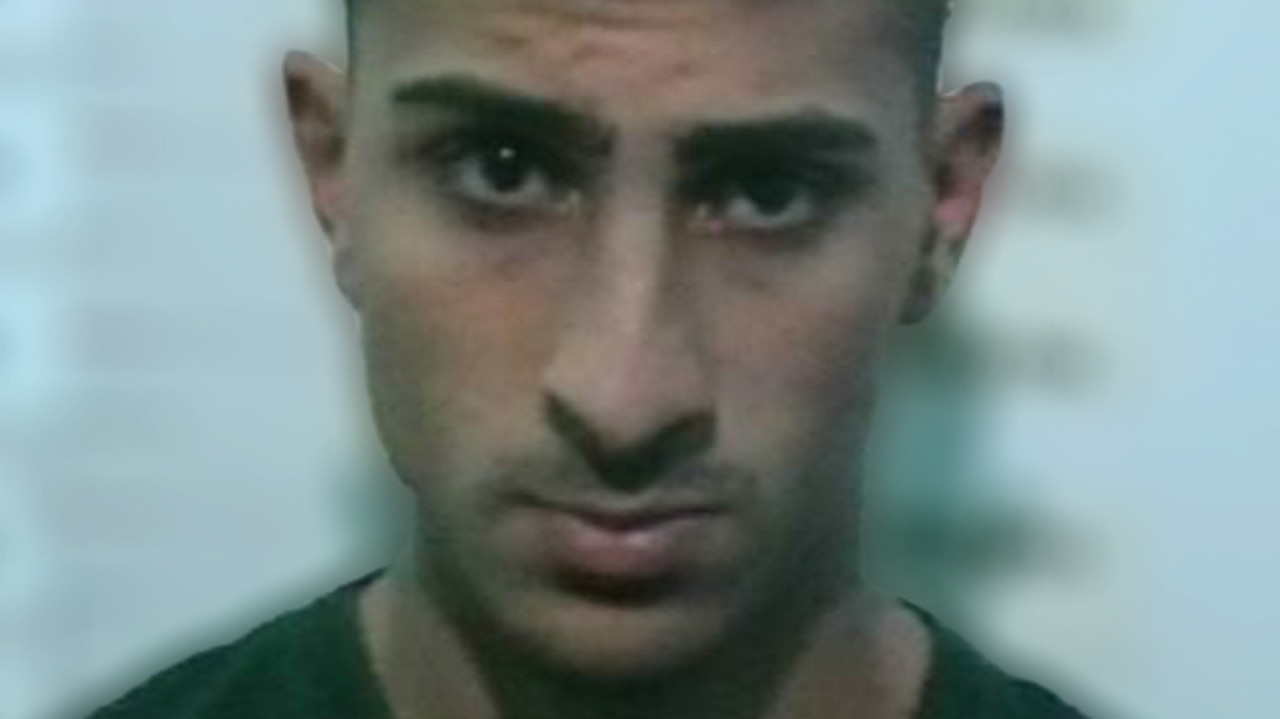Families inspired by Islamic State strike in worst attacks in a decade
Intelligence chiefs have warned of an increased threat to Australians from mass-casualty terrorist attacks in Southeast Asia.
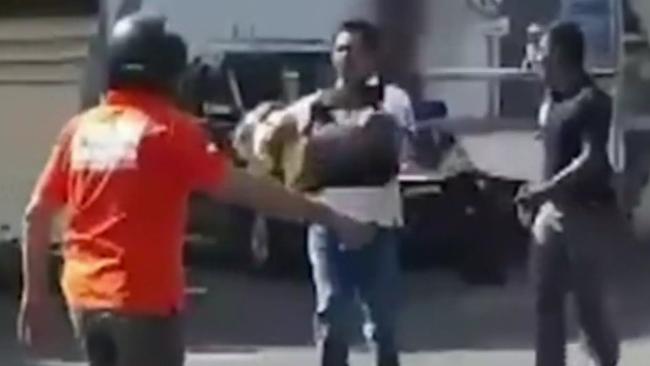
Intelligence chiefs have warned of an increased threat to Australians from mass-casualty terrorist attacks in Southeast Asia, expressing alarm in the shift to using children as suicide bombers, in a security briefing to Malcolm Turnbull following the deadliest attacks in Indonesia since the 2009 Jakarta hotel bombings.
The Australian understands the Prime Minister and Home Affairs Minister Peter Dutton sought urgent briefings early yesterday from new director of national intelligence Nick Warner as well as ASIO and ASIS officials following suicide attacks at three churches across Surabaya, carried out by a family of six, including four children.
Only a few hours after the intelligence briefing to the Prime Minister and a report provided to Mr Dutton, another attack was launched against the Surabaya police headquarters. Again, the suicide attack was carried out by a family, this one with two young children. An eight-year-old girl survived after her family, believed to be friends of the church bombers, attempted to drive motorcycles into a police station before detonating bombs.
More than 1100 Indonesians have returned from the Middle East after fighting with Islamic State. Australian security agencies working with Indonesian counterparts fear the latest attacks may signal a broader escalation of terror planning in the region.
The family that conducted the church attacks were supporters of Islamic State and included two girls, aged just nine and 12.
A total of 14 people were killed in the attacks, including the family.
They come ahead of an already scheduled announcement today by Mr Turnbull and Mr Dutton of further security crackdowns at Australian airports. The Prime Minister said the fact the attacks were in Australia’s region warranted the new security measures. They will include body scanning of 94 per cent of passengers, increasing counter-terrorism first response at airports and advanced X-ray and bomb-detection technology for baggage.
An intelligence source said the indoctrination of young people and the use of children as suicide bombers were raised in the security briefing as setting a “horrific” precedent.
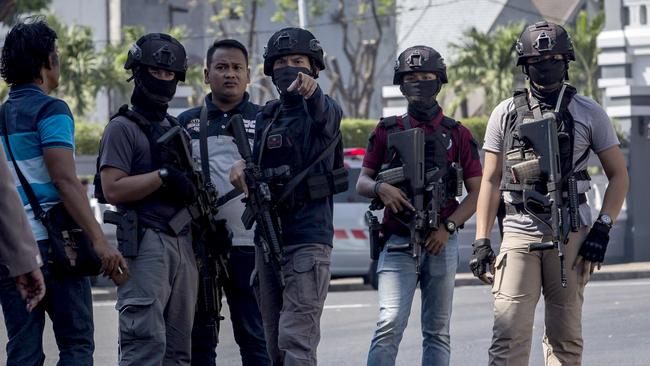
Mr Turnbull said he was shocked that a family, including young children, had carried out the attacks. “It almost beggars belief,” he said. “The brutality, the barbarity, the inhumanity, the blasphemy of these terrorists strains our ability to believe it. But it’s there.”
President Joko Widodo, who rushed to the city yesterday, described the attacks as “truly savage and beyond tolerable” and said he had “no words to express the sorrow we feel for the loss of lives”. “This is a crime against humanity and has nothing to do with religion,” Mr Joko said. “We must unite to fight against terrorism.”
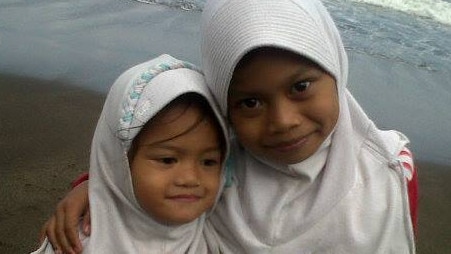
Mr Warner, who this week has hosted US director of national security Daniel Coats in Australia for a series of broader security briefings, is believed to have repeated his concerns to the Prime Minister that the greatest terror risk to Australians was mass-casualty attacks in Southeast Asia. A total of 1.17 million Australians travel to Indonesia every year.
A senior government official said Australia would “double down” on its co-operation with Indonesia in tackling the threat of returning foreign fighters, following the carnage of the past three days. “The use of children is a new low … it is very hard to identify,” a senior Australian intelligence source said. “It is a change in their methods … it shows a level of desperation.”
Mr Dutton, who was in Indonesia six weeks ago and held meetings with Mr Joko on the security situation in Indonesia, said yesterday the terrorism threat to Australia would remain for “our lifetime”.
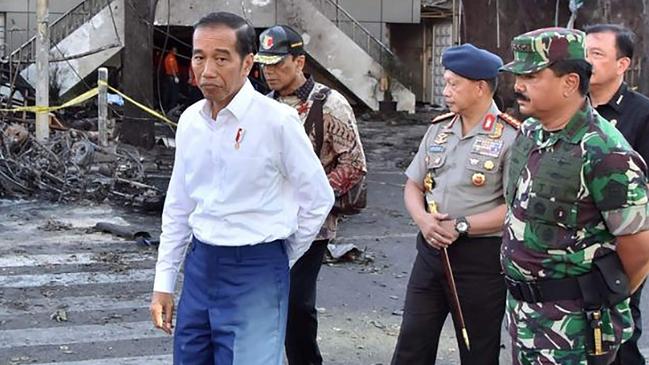
“As we have seen in Indonesia in the last day or so, the threat of terrorism is with us and will be with us for our lifetime, that is the reality of the threat,” Mr Dutton said. “So we need to make sure we have an assurance about people who are coming into our country, whether it is by plane or by boat, we need to make sure that we are doing everything we can to neutralise that threat.”
Mr Turnbull said the national security crackdown at airports, including a $300 million security upgrade, were justified.
“The threat is very real,” the Prime Minister said. “We’ve had 14 plots, terrorist plots, disrupted here in Australia, including one that would have brought down an A380. So it’s a very, very serious threat. It’s one we are absolutely committed to meeting and we are always putting more resources behind our agencies to keep us safe, whether it is in terms of better laws, stronger laws, better technology, or more financial resources.”
While Indonesia has been hailed as a role model for counter-terrorism capability and disruption of threats, an Australian official said that, as a country of 260 million people, even a small percentage of radicalised people amounted to a large number of dangerous individuals.
Australia’s foreign spy agency, the Australian Secret Intelligence Service, as well as the Australian Federal Police counter-terrorism unit have developed close working relationship with Indonesian authorities since the 2002 Bali bombings and have succeeded in disrupting several planned attacks in the past two years alone.
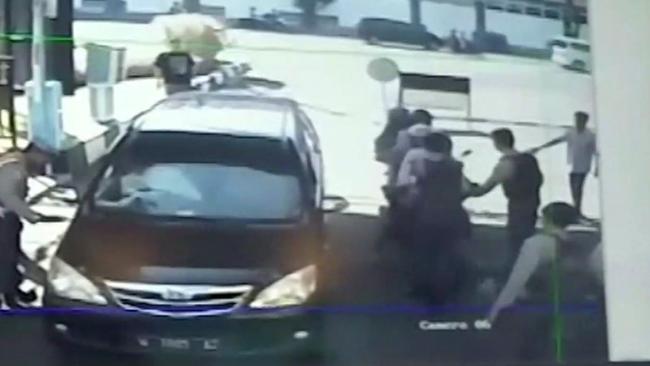
The infiltration of Islamic State into the region, following the routing of the terror group in Syria and Iraq, has prompted a rethink of regional security measures that have recently seen Australian special forces deployed to The Philippines to suppress terrorist cells.
The use of children, however, marked an unprecedented development in the region, according to the intelligence source.
“The only other country that has had experience with this sort of terrorism would be Israel, which has to deal with female suicide bombers,” the source said. “They (ISIS) are losing a lot of ground and land in the Middle East and are now looking for new targets.”
The source said deradicalisation programs were also proving unsuccessful, claiming they would be lucky to have a success rate of one in 100 and pointed to prison riots in Indonesia last week in which terrorist prisoners took police hostage and tortured them before killing five, including several by beheading. “These guys have committed terrorist attacks, you won’t get them back … and they have a radicalised youth mixing with returned foreign fighters,” the source said.
While Europe remained the greatest target of foreign fighters, the source said the reach into Southeast Asia was becoming of increasing concern for Australia.
TERROR PROOFING OUR AIRPORTS:
$294 million upgrade of airport security
Measures include:
• Increasing AFP Counter Terrorist First Response presence at airports with an additional 190 officers.
• New screening technology at major and regional Australian airports, including the use of advanced X-ray equipment with sophisticated capability to detect explosives and other threats.
• Body scanners will replace walk-through metal detectors at almost all security screened airports. This will see over 94% of the travelling public screened using body scanners.
• Upgrading inbound air cargo and international mail screening technology.
• Strengthening outbound air cargo screening
• Improving the training and accreditation of screening staff at airports.
• The government is providing $50.1 million in funding for regional airports which security screen to upgrade their screening equipment.
• 13 additional airports will start screening operations - Armidale, Carnarvon, Groote Eylandt, Moree, Olympic Dam, Port Lincoln, Whyalla, Biloela, Charleville, Laverton, Leonora, Monkey Mia and Mount Magnet.
New laws:
• The Turnbull government will introduce new laws giving police broader powers to conduct identity checks at airports and to order a person to ‘move on’ from airport premises where they pose a criminal or security threat.





